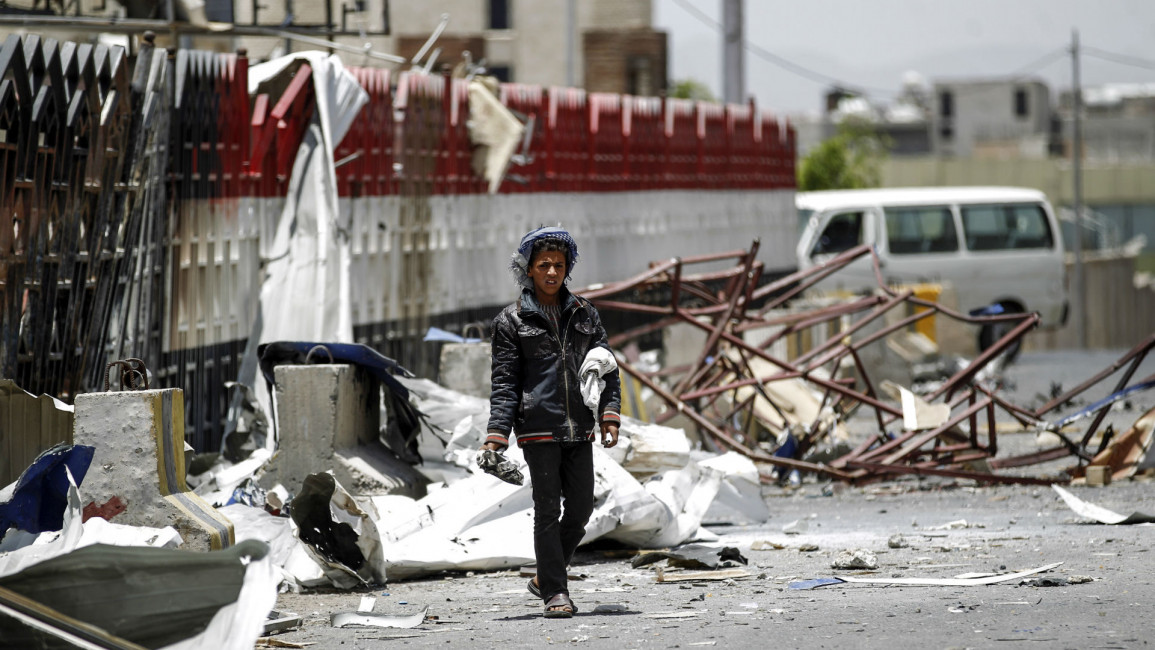Yemen 'awaiting' peace talks invitation: UN ambassador
"We are waiting for the invitation," Yemen's envoy to the United Nations in Geneva, Ali Majawar, told reporters.
The comments came after the UN's peace envoy to Yemen, Martin Griffiths, told the Security Council earlier this month that he wants to host warring parties in the Swiss city on September 6.
A Yemeni government source, who requested anonymity, told AFP on August 3 that it would attend.
But Majawar underscored that in the two weeks since Griffiths announced the talks, the UN has not shared any details, including on the crucial issue of whether the government and rebels would be asked to meet face-to-face.
The government is waiting for clarity from Griffiths "on the mechanism and contents of the consultations," Majawar said.
"In my personal opinion, they will be very difficult consultations... We don't think the Houthis will make any compromises to help the talks to go forward," he added.
More than 10,000 people have been killed since March 2015 when a Saudi-led coalition intervened to support President Abedrabbo Mansour Hadi's government against the rebels, triggering what the UN described as the world's worst humanitarian disaster.
While all sides have been accused of major violations, global outrage in recent days has focused on the coalition after it carried out an airstrike on a bus that killed 40 children in the rebel-held north.
The last attempt at UN-brokered talks broke down in 2016 amid demands for a rebel withdrawal from key cities and power-sharing with the Saudi-backed government.



